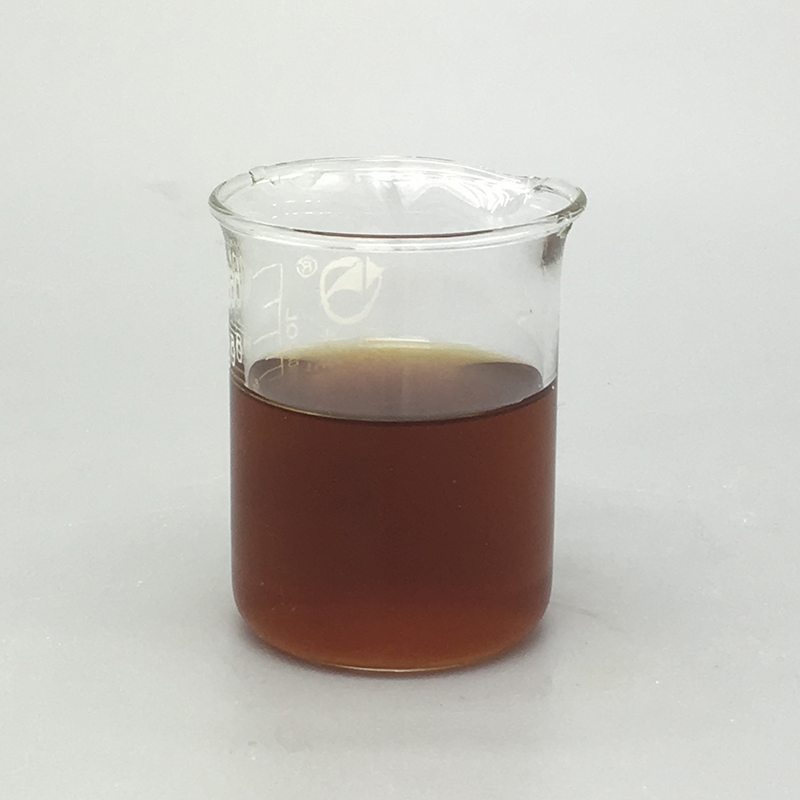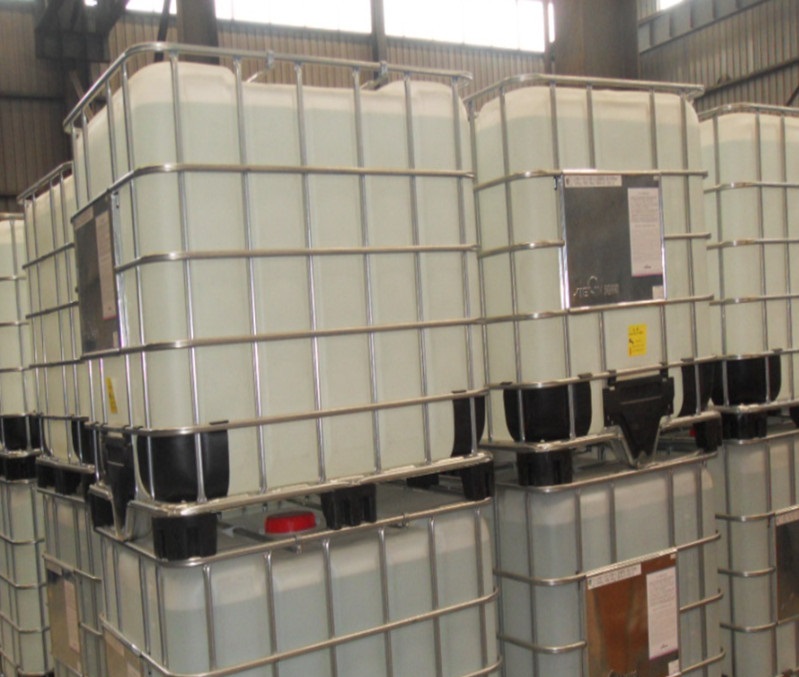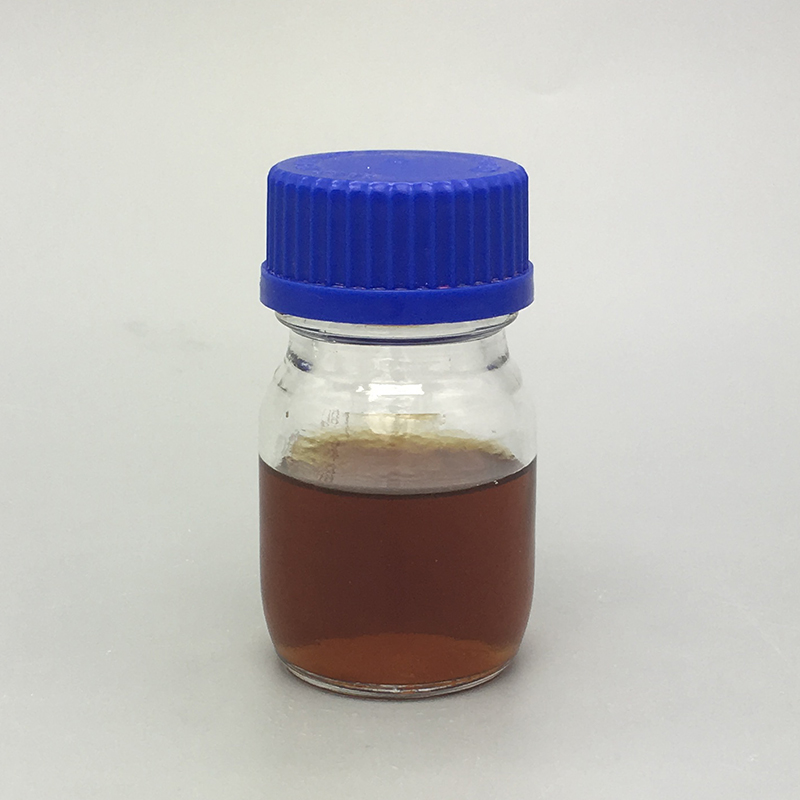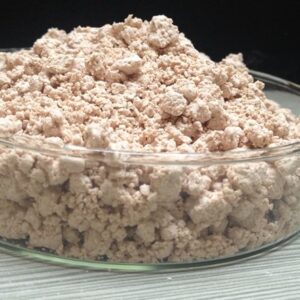Description
Chemical Specifications
| Parameter | Specification |
|---|---|
| Product Name | Sodium Thioglycolate / Sodium Mercaptoacetate |
| Chemical Formula | HSCH₂COONa |
| CAS Number | 367-51-1 |
| Molecular Weight | 114.09 g/mol |
| Physical State | Liquid (at commercial concentrations) |
| Appearance | Clear to light yellow liquid |
| Odor | Sulfurous or thiol-like odor |
| Solubility | Miscible with water |
| pH (10% solution) | Typically 6.0 – 8.0 |
| Storage Conditions | Cool, dry, well-ventilated area |
| Packaging Options | 25 kg drums, 200 kg barrels, IBC containers |
Applications Across Industries
🧪 1. Mining and Mineral Flotation
In mineral processing, Sodium Thioglycolate is used as a selective depressant in the flotation of copper, molybdenum, and sulfide ores. It helps enhance the efficiency of selective separation, reducing unwanted material and improving metal recovery rates.
💅 2. Cosmetics and Personal Care
The compound is a key ingredient in depilatory creams and hair removal products, thanks to its ability to cleave disulfide bonds in keratin. It offers gentle yet effective hair breakdown, making it suitable for sensitive skin formulations.
🧥 3. Textile and Leather Industry
Used to soften wool fibers and as part of shrink-proofing treatments, Sodium Thioglycolate interacts with protein-based fibers to enhance texture and flexibility. It also plays a role in leather depilation, aiding in the efficient removal of hair from hides.
💧 4. Water Treatment
Sodium Thioglycolate acts as a metal scavenger and is used to remove toxic heavy metals from industrial wastewater. It forms stable, water-soluble complexes with metals like mercury, lead, and copper, enabling safer disposal.
Benefits and Advantages
-
✅ Strong chelating ability for heavy metal ions
-
✅ Effective disulfide bond reduction
-
✅ Low toxicity profile compared to other sulfur-based chemicals
-
✅ Applicable in both aqueous and non-aqueous systems
-
✅ Stable under recommended storage conditions
Safety and Handling
While Sodium Thioglycolate is relatively safe under controlled use, it should be handled with standard protective equipment such as gloves, goggles, and lab coats. The compound should be stored away from oxidizing agents and acids to prevent unwanted reactions.
Conclusion
Sodium Thioglycolate / Sodium Mercaptoacetate is a multifunctional industrial chemical with vital roles across mining, personal care, textiles, and environmental applications. Its unique properties—particularly its reactivity with metals and proteins—make it an irreplaceable solution for manufacturers seeking reliability, efficiency, and environmental responsibility. Available in various concentrations and packaging formats, this compound continues to be a valuable tool in modern industrial chemistry.








